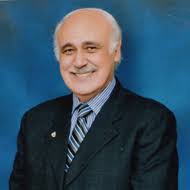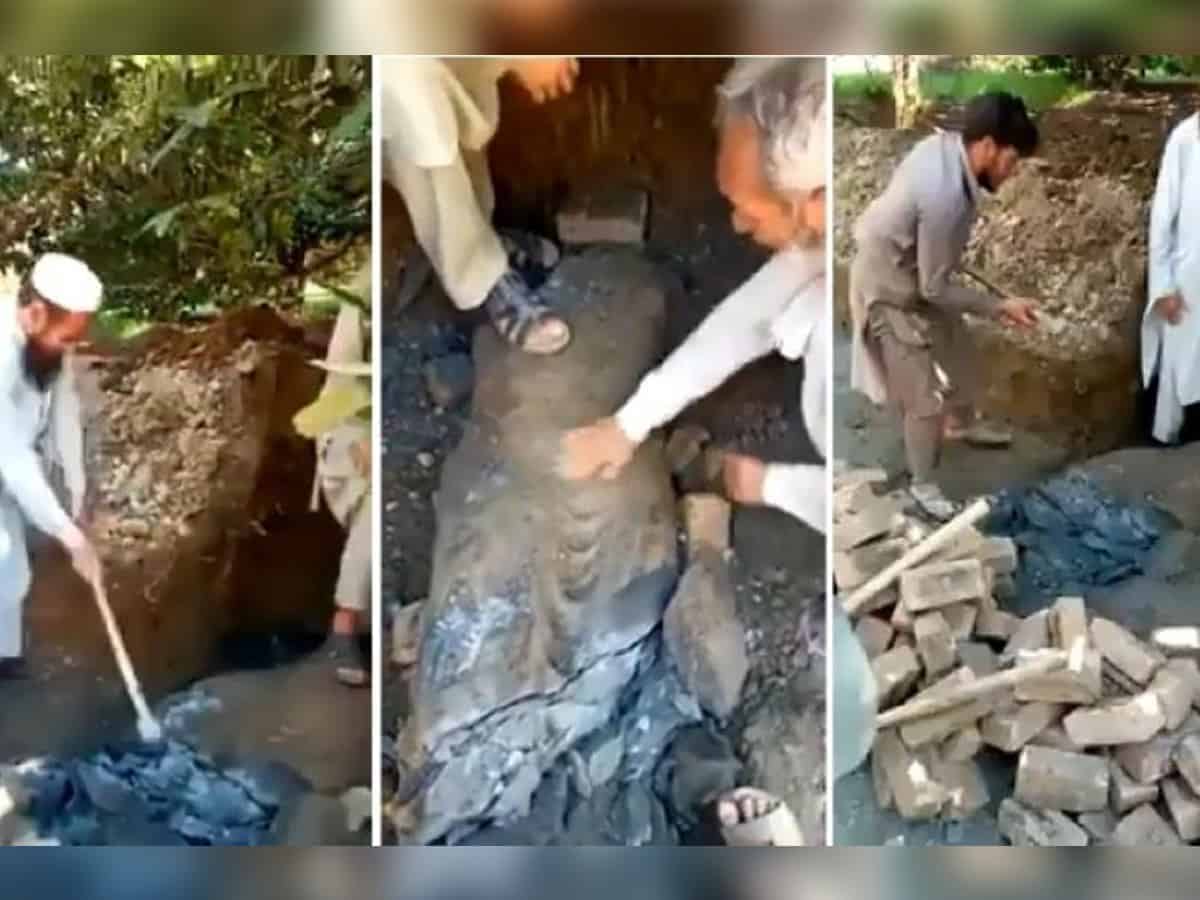
Covid-19 is the new heresy. It has no credo, no liturgy, no clergy, no redeeming faith. It has come like some unannounced apocalypse. And, it has a divine power over life and death.
There is no one now whom Covid-19 has not touched. There is no family that has not seen or heard of death by Covid-19. Among some buried with frugal mourning is a well-known friend Nadeem Mumtaz. He passed away this week from Covid-19. He had been attending two of his sons, both of them stricken by this scourge. Then he caught it. They recovered; he didn’t.
Since 1947 at least, his family had been prominent providing medical supplies to our community in Lahore. Ironically, in the end, these could not help him, no more than all of Steve Job’s riches could give him what Queen Elizabeth I begged for in her final moments: ‘All my possessions for a moment of time.’
Is Covid-19 proving stronger than faith? Has it destroyed belief, like those vandals who unearthed a life-size Gandharan statue of Buddha in Mardan district and then smashed it beyond repair? It took an ancient artisan half a life-time to create that monument to patient piety. It took zealots of Takht-i-bahi minutes to destroy it. ‘If we destroy something around us, we destroy ourselves,’ Gautama Buddha once preached. In dishonouring him, we are disfiguring ourselves. We are true sons of Bamiyan.
Recently, a Sino-specialist contrasted the study of history in the West as the East. The West sees history as linear. Events follow each other like camels in a constantly moving caravan. Eastern scholars believe in the cycle of history. There is nothing under the heavens that has not happened in some form, at some time, somewhere before. We simply lack the memory or the means to recall it.
Modern historians like Professor Peter Frankopan have challenged the western-centric approach to history that extols the achievements of the Greek and the Romans but ignores those of other civilisations, such as the Chinese or the Byzantium. Frankopan began as a Byzantine buff. He can be forgiven for reminding us that the Byzantine empire lasted longer than many better known empires did. It survived for more than a thousand years, being founded in 330 BC (the year Alexander the Great defeated the Persians) and continued until 1453 AD.
For countries as recent as ours, history is too disjointed to be linear and not long enough to be cyclical. Our surviving monuments are Moen-jo-daro, Mughal, British and then Modern. How does one draw an uninterrupted line connecting them?
Archives are one source of history, if they are sensibly declassified and openly accessible which ours are not. Letters are another valuable resource. We have had only two prolific letter writers in our stunted history – Quaid-e-Azam M. A. Jinnah and Mr Zulfikar Ali Bhutto. The Quaid’s papers and letters have received lavish treatment. Their 37 volumes fill an extended bookshelf. Many of Mr Bhutto’s papers though were removed from his house 70 Clifton by General Zia-ul-Haq’s hob-nailed minions and, if not already destroyed, lie buried somewhere where democracy cannot penetrate.
Mr Bhutto’s letter to his daughter Benazir, written from jail, has become a vade mecum for PPP stalwarts. It is no secret that Mr Bhutto consciously borrowed the idea from Jawaharlal Nehru’s letters to his daughter Indira Gandhi which tacked together became his magnum opus The Discovery of India.
Today, in an age of tweets and electronic messaging, hand-written letters are as fashionable as wooden spinning wheels. (Incidentally, M. K. Gandhi’s collected writings and letters span 98 volumes. More are being discovered.) When available, such letters provide historians with a flashlight into the times in which they were written. Bereft of them, historians look at their shoelaces for inspiration.
If one was to choose out of the trunk of history a single letter that conveys the qualities every letter should have – brevity, immediacy, and emotion captured in ink – it would be one written by Vilma Grunwald to her husband on 11 July 1944. She, her husband and their two sons (one of them challenged) were arrested by the Nazis and sent to Auschwitz concentration camp. Seeing her disabled son being isolated for extermination, she left her healthier son and husband and joined him. Hastily, she scribbled a brief note to her husband. Part of it read: “You, my only one, dearest, in isolation we are waiting for darkness. The famous trucks are already here and we are waiting for it to begin. I am completely calm. I will be thinking of you and Misa. Have a fabulous life, we must board the trucks…into eternity.”
Her letter survived. She didn’t.
Fakir Syed Aijazuddin is a public intellectual in Pakistan. He writes regularly for Dawn, Karachi

